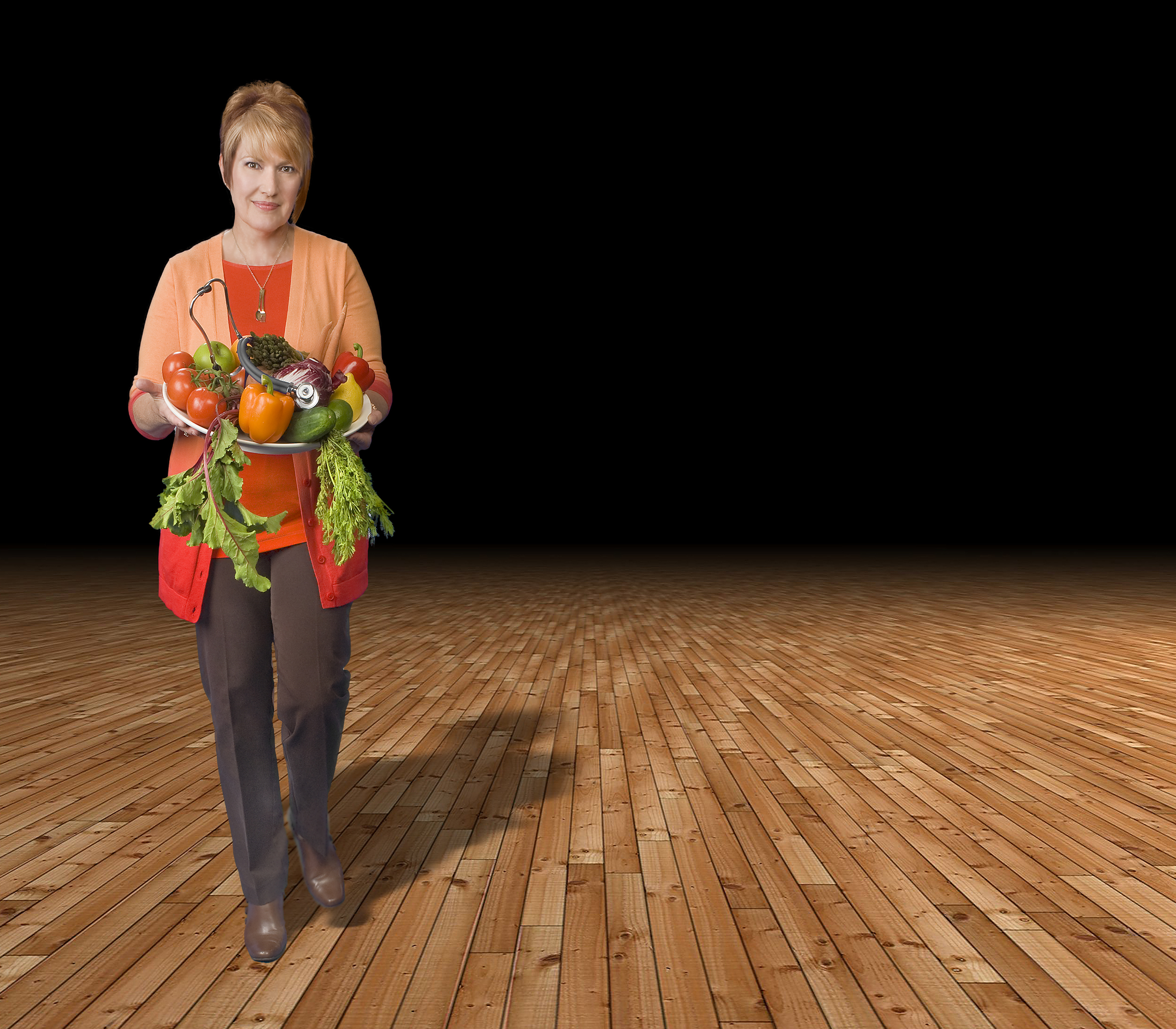
Health News
Features
-
Approaching health care with dignity, concern, and compassion
How the Central Florida Physician’s Alliance Serves Patients Spending more time in the waiting room than with the doctor… not having questions fully answered… finding no help with medical insurance… these are just a few of the patient complaints that plague healthcare, and many of us have likely experienced similarly frustrating interactions at the doctor’s…
-
Bringing hunger awareness to the table
The staggering facts on food insecurity among our fellow neighbors September and Hunger Awareness Month is especially important in Polk County, where food scarcity plagues nearly 17.9 percent of the population.
-
Davenport teacher named NFL Play 60 champion
Changing the way kids think about physical education and their health Susan Searls, a physical education teacher at Davenport School of the Arts (DSA), was recently named an NFL PLAY 60 FITNESSGRAM project champion along with 24 other teachers and faculty members from schools around the United States.
Columns
-
Your Eyes Are the Windows to Your Health
by DR. SELINA LIN Did you know that countless medical conditions can be detected during an eye exam? The most common medical diagnoses detectable are diabetes and hypertension. These medical diagnoses can cause hemorrhages and swelling in the retina that may need treatment. Worsening eye findings could indicate deteriorating disease processes in the body and…
-
Photodynamic Therapy Effective in Fight Against Skin Cancer
Photodynamic therapy (PDT) is a medical treatment used to treat precancerous cells, as well as other conditions. It can be used on the skin, eyes, mouth and lungs. The treatment involves using a medicine, such as Levulan Kerastick®, either topically or inside the body, followed by a blue light source to activate the drug. One…
-
Risk Factors for Peripheral Arterial Disease
September is Peripheral Arterial Disease awareness month. PAD is a chronic condition affecting 20 million people in the U.S. If left untreated, it can result in unnecessary limb amputations. This has been seen disproportionately in people from minority communities. It involves a buildup of plaque in the arteries— much like how your kitchen sink builds…





